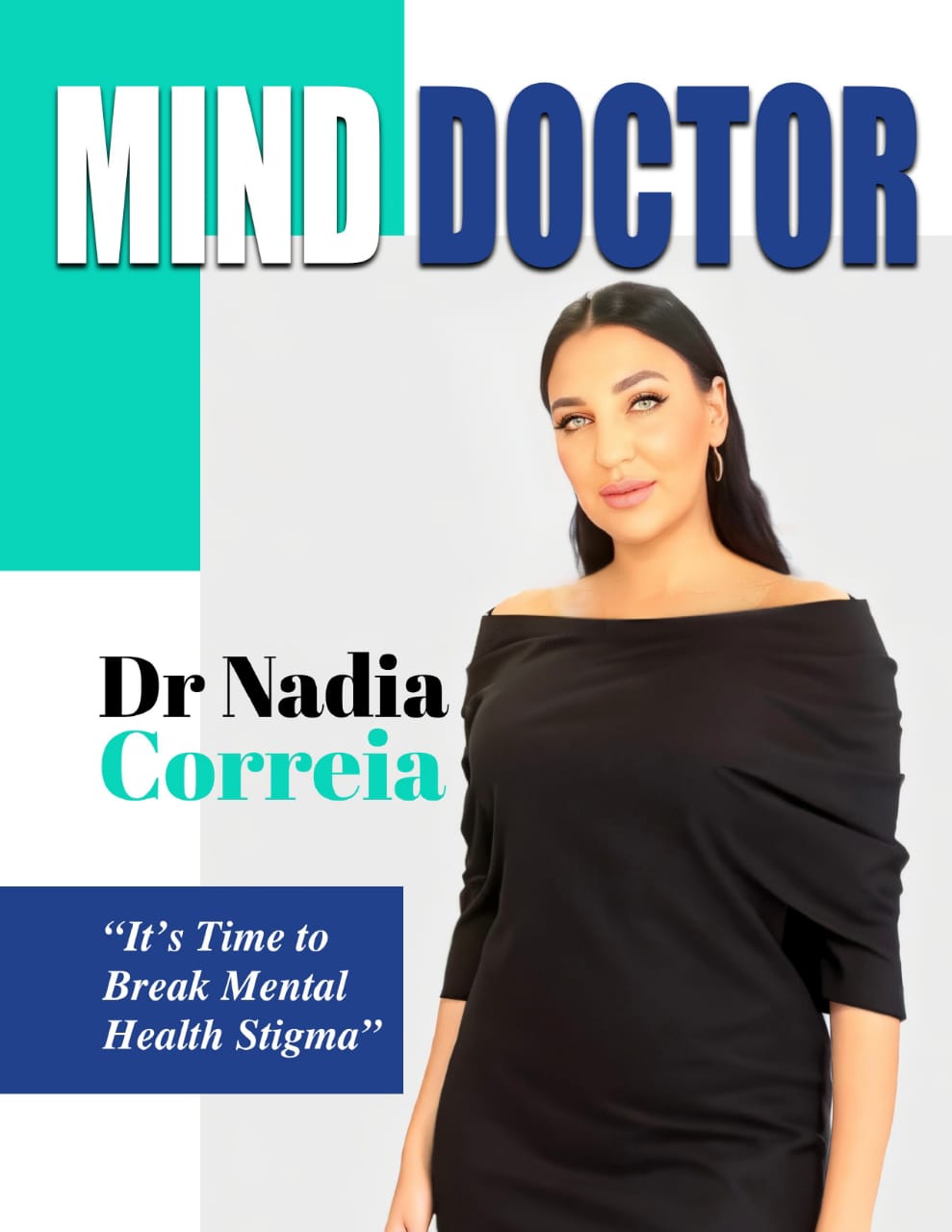Your Guide To Understanding Opioid Tolerance, Dependency, And Abuse
Opioids are a kind of drugs that are usually given by doctors to relieve pain. Opioids can be commonly categorized into two major types, namely natural opioids and synthetic opioids. Opium, morphine, and codeine are examples of natural opioids, while heroin and oxycodone are perfect examples of synthetic opioids. Each one of these substances, other than heroin, are legal drugs; however, they require doctor’s prescription before they can be given. Because tolerance to opioid is very probable, these medications are hugely governed in many countries throughout the world.
Despite the fact that not every person who takes opioid narcotics for prolonged durations are at high chance of developing addiction from opioids, studies have shown that numerous patients who are on opioid pain therapy will develop a certain level of physical dependency to the substance. It is when this dependence gets unmanageable that opioid addiction builds up and manifests.
The condition called addiction from opioids does not happen in a single day. Most often, opioid addiction only sets out to happen when a person’s body becomes continually subjected to opioid-based medications due to an illness that brings about constant pain. Generally speaking, when someone gets very much accustomed to analgesics such as opioids, the person no longer gets the similar amount of pain relief from a small dosage of the drug. Due to the tolerance that he or she develops towards the substance, the sufferer starts to demand an increase in medication dose to achieve relief of pain. Changing medication dose to increased quantities makes a patient progressively more dependent on the chemical with time which, consequently, can lead to opioid abuse or addiction.
Tolerance and dependence are very typical side effects of using opioid drugs for lengthened periods. The good news is, they can be shunned under a physician’s care. Opioid abuse and addiction are not likely to happen in people who use the substance correctly. Meaning, as long as you obtain the recommended dosage, you can help reduce your chance of developing addiction despite constant use of the medicine.
As with most other kinds of drug abuse, opioid addiction is not painless to treat. If you’re struggling with such a affliction, you should realize that you cannot overcome addiction all on your own. Doctors play a vital role in rehabilitation and recuperation in the same way that your family and friends can also help. Treatment and rehabilitation centers will help you face life issues caused by addiction. To progress into a drug-free life, try to seek assistance from experts in such services the moment you realize the matter.



